Tea can improve sub-health and regulate the body. Due to different constitutions, the way of drinking tea should also vary from person to person.
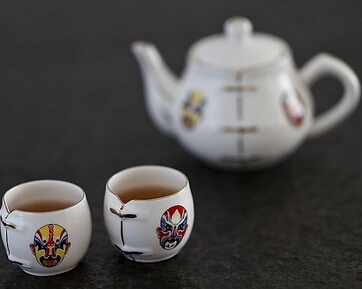
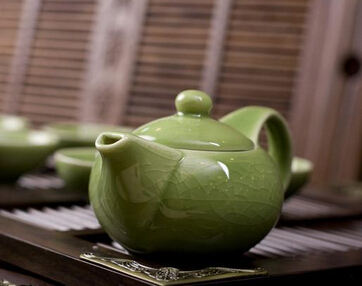
Damp-heat:
Large pores, oily skin, and constant acne; strong body odor, bad breath, and foot odor; yellow urine and sticky stools; excessive sweating and a sticky feeling on the body.
Recommendation:
Oolong tea is best for clearing heat and removing dampness, such as Tieguanyin and Wuyi rock tea.
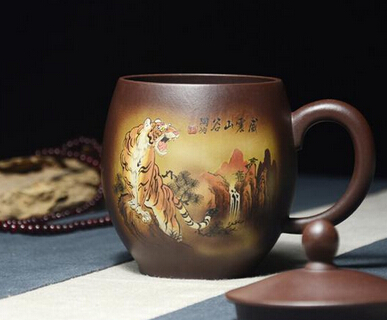
Qi deficiency:
Weak voice, sweating easily, shortness of breath, and constant fatigue; prone to colds and slow recovery; due to qi sinking, prone to organ prolapse.
Recommendation:
People with qi deficiency should drink mild fermented teas, such as black tea, ripe Pu-erh, and aged teas.

Yin deficiency:
Heat intolerance, sweating, hot palms and soles, irritability; flushed cheeks, red tongue with little coating, dry mouth and skin.
Recommendation:
Focus on clearing heat, reducing fire, and nourishing yin. Recommended teas include Junshan Silver Needle, Baihao Silver Needle, and White Peony.
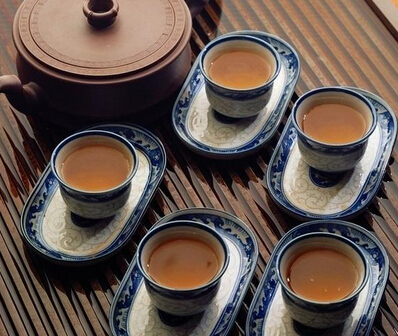
Yang deficiency:
Cold hands and feet, fear of cold year-round; diarrhea from cold drinks, laziness, and lack of energy.
Recommendation:
Avoid cold teas like green tea and raw Pu-erh. Opt for dark teas like Fu brick tea or charcoal-roasted oolong tea.
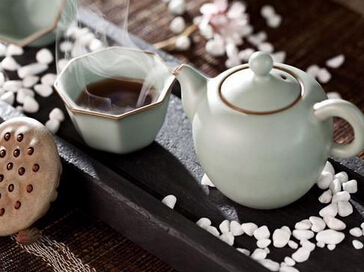
Phlegm-dampness:
Obesity, oily face, persistent phlegm; swollen eyes and eye bags, heavy dampness in the body.
Recommendation:
Focus on strengthening the spleen, removing dampness, and resolving phlegm. Black tea and ripe Pu-erh are most suitable.
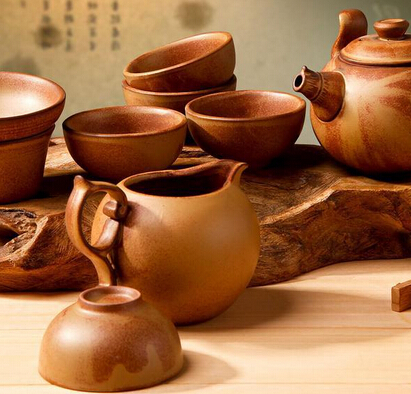
Blood stasis:
Dull complexion, prone to bruising; dark lips and tongue, even with spots.
Recommendation:
Promote circulation and warm the body. Drink warm and refreshing teas like black tea or jasmine tea.
